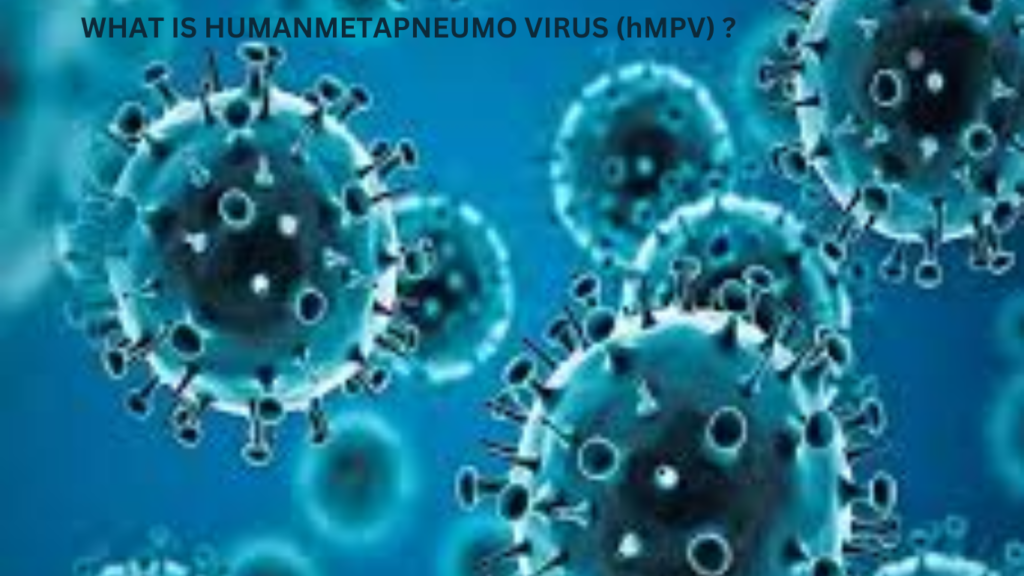Human metapneumovirus (hMPV) is a prominent,cause of acute respiratory infection. It was first discovered in 2001 by scientists of the Netherlands.

Important Facts about hMPV
Children and older people with weakened immune systems are most susceptible to developing complications from hMPV infection.
hPMV is contagious disease spread by naso-oral route to contact with a infected person within a contaminated area.
Symptoms of hMPV are similar to the common cold that last roughly 5-7 days and go away on their own.
Children’s with age of 5 year or less are more prone for infection. Children (5-16%) infected with hMPV will develop a lower respiratory tract infection such as pneumonia.
Risk factor for hMPV
hMPV can cause lower and upper respiratory tract infection in patients of all ages. However, it is more common in young ones of under 5 year age and the elder persons in whom it is more likely to develop into pneumonia, bronchiolitis and bronchitis
Persons infected from other lungs disease like asthma, COPD, emphysema, pneumonia are more likely to contract the illness making the symptoms of these disease more severe.
Persons having weaker immune system or undergoing chemotherapy and organ transplant are more likely to prone to hmpv virus.

Symptoms of hMPV
Patients suffering from hMPV have symptom similar to upper respiratory tract infection i.e common cold.
These may include:
Running nose
Nasal congestion
Cough
Sore throat
Fever.
In severe cases patients experience symptom similar to asthma like wheezing, difficulty in breathing. Infection from upper respiratory tract leads to secondary infection in lower respiratory tract such as bronchiolitis, bronchitis, pneumonia, this require additional medical care.
How to manage emergency condition
People suffering from mild hMPV symptoms do not need to see a doctor, as the illness should go away on its own and supportive care of symptoms as homecare is enough. However, if symptoms worsen and patient may severe cough, wheezing and shortness of breath needs a good consultation from doctor.
Diagnosis of hMPV
To diagnose respiratory infection by hMPV lab test required to confirm the type of virus causing your illness with detailed patient history.
In severe hospitalized cases patients required broncoscopy where a small, flexible camera is inserted into the lung and a sample of fluid is removed to test for viruses.
Treatment of hMPV
hMPV is a self-limiting disease and treatment is mostly toward easing symptoms. Generally, require over-the-counter medications to control pain and fever (such as Sanjivani vati and Lakshmi Vilas Ras), along with a decongestant as Gojivadi Kwath in ayurvedic system of medicine as the symptoms are more similar to Pratisayay.
Patients with more severe condition of wheezing and coughing may require a temporary inhaler, which may include an inhaled corticosteroid.
Your doctor may also suggest a stronger oral medication like prednisone
Prevention of hMPV
hMPV is contagious disease spreading through contact, the best way to protect from infection is to avoid touching people who are infected and wash your hands often and using sanitizer.
If you are infected, keep others safe by covering your mouth with face mask when you cough, avoiding touching and sharing possibly infected items and washing your hands thoroughly.
People infected with chronic lung diseases such as asthma, pulmonary fibrosis and COPD should always take precautions to protect from infection such as hMPV, influenza and other contagious diseases. Additionally, they should make sure all vaccinations are up-to-date.
Note- Here we not advice any medical treatment. For any medical advice you have to first consult your doctor .
